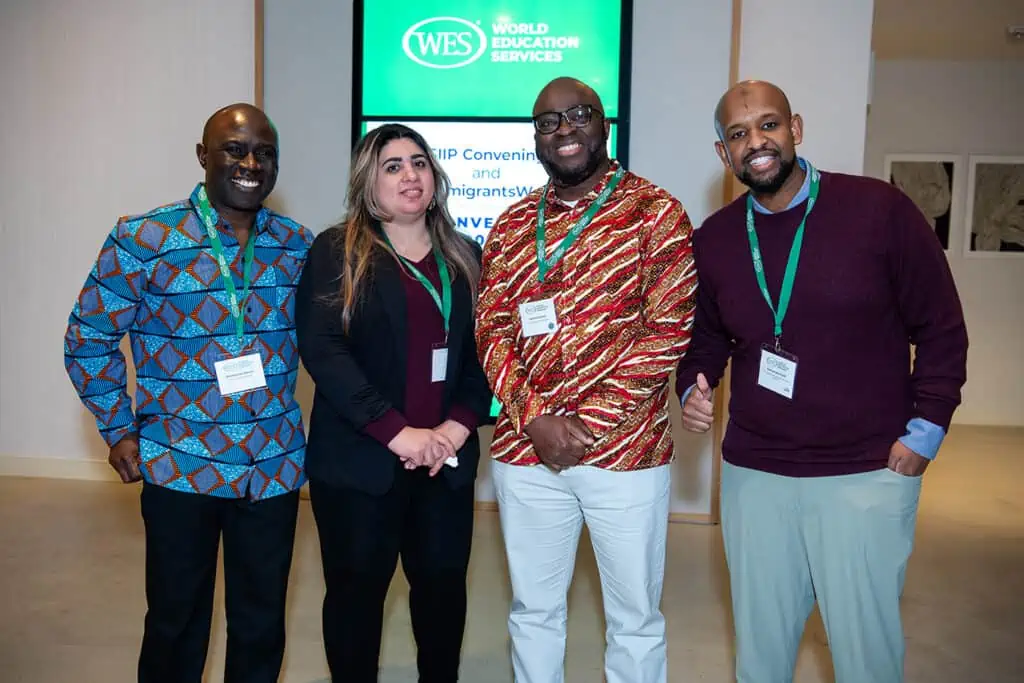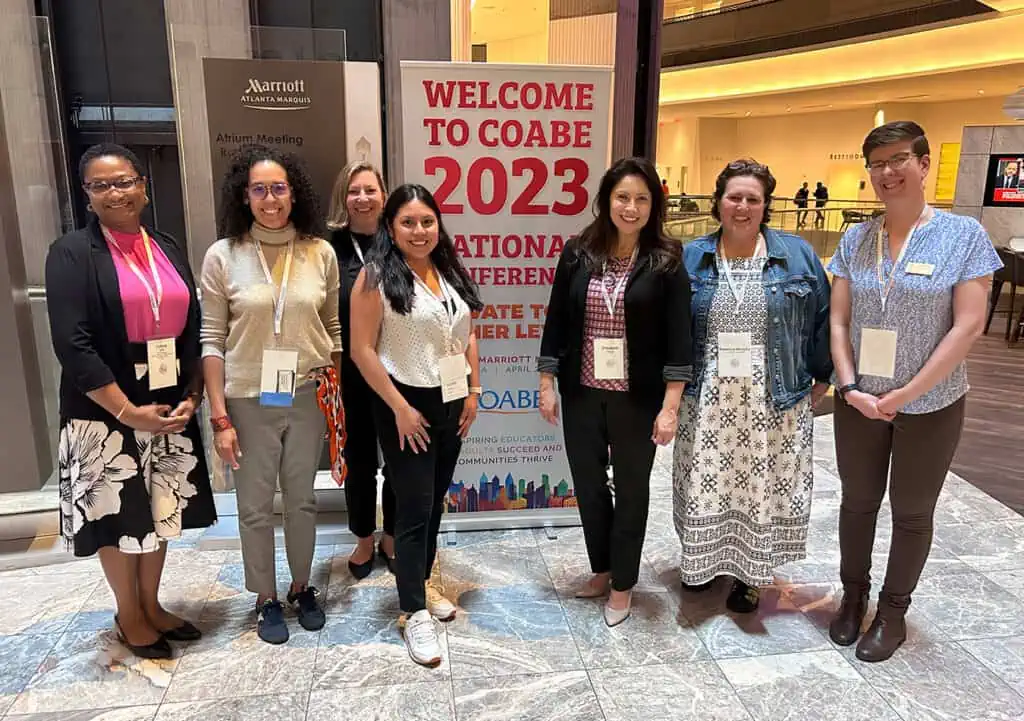Canada’s Windmill Microlending Is Model for Louisville Loan Program
Louisville Forward is Louisville, Kentucky’s innovative economic development organization. The Louisville team met Canada’s Windmill Microlending at the 2018 Skilled Immigrant Integration Program (SIIP) in Toronto. Windmill, a charitable microloan program for immigrants and refugees, was featured as a model for US organizations seeking new ways to integrate skilled immigrants. Windmill loans are offered to support newcomers in getting the credentials they need to continue their careers in Canada.
Since then, Bryan Warren (head of the Louisville Forward’s Office for Globalization) and Windmill have exchanged ideas, challenges and experiences. The humble beginnings of Windmill (previously known as Immigrant Access Fund) were of interest to Louisville, as it hopes to start its own loan program for immigrants this year.
Immigrant Access Fund was a labour of love, started by Swedish immigrant Maria Eriksen in 2005. While working at a Calgary hospital as a clinical psychologist, Dr. Eriksen encountered doctors and nurses trained outside of Canada, working as janitors and cleaners.
In its first year, operating from Dr. Eriksen’s kitchen table, the charity disbursed four loans. Since then that number has grown to over 4,000, with Windmill offices operating in six cities across Canada. On average, Windmill clients see their earnings double or triple, and the loan repayment rate is 97.5 percent. More than half of Windmill’s clients are in health care, including doctors, nurses, dentists, pharmacists and medical technicians.
Initially supported by the Calgary Foundation, a philanthropic community foundation, Windmill today receives operational funding from the Canadian federal government and the provinces of Alberta and Ontario. Loan capital comes from a special line of credit from RBC, a community bond program, as well as donations and grants.
A key innovation, which was crucial to the program’s success, was the addition of guarantors – private individuals willing to guarantee the loan capital. The guarantors substantially minimized the risk of lending for financial partners, and it allowed Windmill to broaden eligibility to include newcomers without credit history, who otherwise find it extremely difficult to access mainstream credit.
In order to adapt the Windmill model to work locally, Louisville Forward needed financial partners, guarantors, and employment agency partners. The program did not have the benefit of operational funds from government, but Bryan and team were up to the challenge. They developed a loan fund pool and secured partners, including the Community Foundation of Louisville, LHOME, and Fifth Third Bank.
At SIIP 2019, Windmill and Louisville Forward reconnected to share the results of their collaboration. Bryan relayed some of his wisdom in adapting outside models for use in new markets:
- Understand local challenges and opportunities – the better you understand your issue, the better you will be at assessing if a particular program can work in your area
- Find models that have potential to address your specific issue and have demonstrable results
- Contact and engage with model creators and ask lots of questions – those who have succeeded are usually passionate about sharing their lessons learned
- Adapt the model to local circumstances – a pilot project is a great way to test your theories and approach before jumping in with both feet
- Don’t expect the pilot to be perfect – approach it as an opportunity to try, fail, analyze, adjust and try again.
As the Office for Globalization advances the economic well-being of Louisville through skilled immigrant integration, there is value in following their example and being open to adapting what has worked elsewhere. Meanwhile, for those considering the many benefits of a microloan program for skilled immigrants in their own region, Windmill has the following suggestions:
- The term “high risk,” used in conjunction with loans to newcomers, is relative. Windmill clients are highly motivated and responsible, and they’ve already taken on the challenge of immigration. Once successful, they are keen to repay their loan, in order to help others who were once in their position.
- Credit is a cultural construct. Many cultures do not place the same emphasis on credit building as North Americans do. A newcomer with a poor credit score may only be a sign of unfamiliarity with the credit system rather than irresponsibility.
- Immigrant success contributes to success for everyone. Immigrant professionals who return to their professions contribute more in taxes, integrate more quickly and successfully, and report a greater sense of community.
For the Windmill team, sharing a successful model is an important fulfillment of Dr. Eriksen’s original vision, to keep those with great potential from needlessly languishing behind barriers.
Questions? Comments? Tell us what you think here.
Click here for more from WES Global Talent Bridge.





